-54%
MCI and Alzheimer’s Dementia: Comprehensive Guide for Cognitive-Communication Disorders Management
Introduction
As the prevalence of Alzheimer’s disease (AD) and mild cognitive impairment (MCI) continues to surge, the need for healthcare professionals equipped with specialized knowledge in cognitive-communication disorders has become paramount. “MCI and Alzheimer’s Dementia: Clinical Essentials for Assessment and Treatment of Cognitive-Communication Disorders” emerges as an invaluable resource for educators and clinicians alike.
Focus on Cognitive-Communication Disorders
This comprehensive guide delves into the intricacies of cognitive-communicative disorders associated with MCI and AD. It elucidates the neural underpinnings of language deficits, including speech production, comprehension, and pragmatic skills. Moreover, it explores the impact of these disorders on the lives of individuals and their caregivers, shedding light on the challenges they face in daily interactions.
Clinical Management Strategies
Beyond theoretical understanding, the book provides practical guidance on clinical assessment and treatment approaches. It offers detailed protocols for evaluating cognitive-communicative abilities and devising individualized intervention plans. The emphasis on evidence-based practices ensures that clinicians are equipped with the most effective strategies for facilitating communication and improving quality of life for individuals with these conditions.
Importance of Early Identification
MCI, a precursor to AD, often presents with subtle cognitive and communication deficits that can be difficult to detect. This guide underscores the significance of early identification and intervention for MCI. By recognizing these early signs, clinicians can initiate proactive measures to slow the progression of the disease and optimize communication abilities.
Role of Speech-Language Pathologists (SLPs)
The book highlights the crucial role of SLPs in the management of cognitive-communication disorders associated with MCI and AD. SLPs possess specialized skills in language assessment and intervention, enabling them to effectively address the communication challenges faced by individuals with these conditions.
Educational Value
“MCI and Alzheimer’s Dementia” serves as an indispensable educational tool for instructors in adult language disorders courses. It provides a comprehensive overview of the topic, incorporating the latest research findings and clinically relevant information. The text’s accessible writing style and engaging case studies make it a valuable resource for students seeking a deep understanding of cognitive-communication disorders in aging populations.
Conclusion
As the population of individuals with MCI and AD continues to grow, the need for healthcare professionals who can effectively manage their cognitive-communication disorders becomes increasingly pressing. “MCI and Alzheimer’s Dementia: Clinical Essentials for Assessment and Treatment of Cognitive-Communication Disorders” stands as an essential resource for educators and clinicians seeking to provide optimal care for these individuals. Its focus on evidence-based practices, early identification strategies, and the role of SLPs empowers healthcare professionals to make a meaningful difference in the lives of individuals with cognitive-communicative disorders.

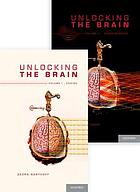
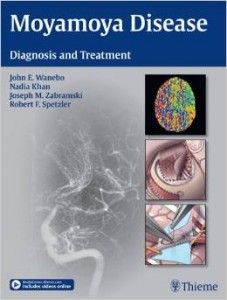
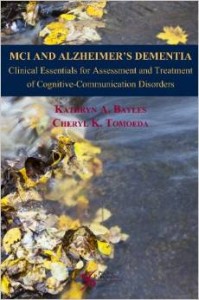

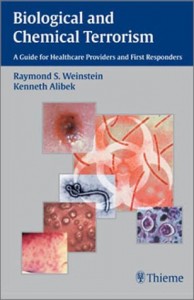


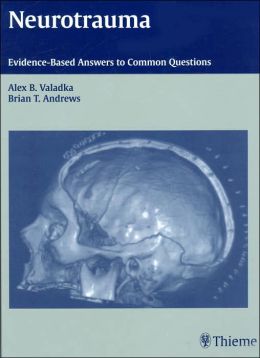
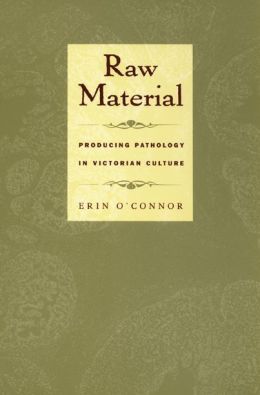
Reviews
Clear filtersThere are no reviews yet.